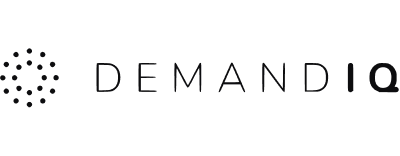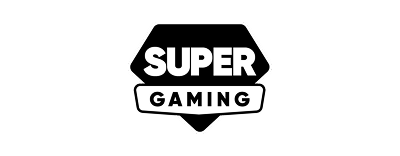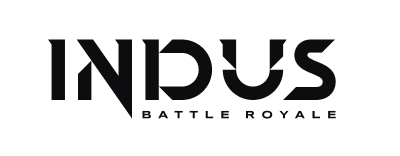How to Build a SaaS Website That Converts in 2025
.jpg)
Building a SaaS website that converts visitors into paying customers is more challenging than ever with ever-evolving user expectations and AI-powered search. Key bottlenecks such as slow development cycles, confusing UX, and unclear messaging cause visitors to drop off before converting. This guide covers practical strategies for Webflow-based SaaS websites to reduce friction, improve SEO, and boost conversions in 2025.
1. Simplify Navigation and Information Architecture
- Limit top-level menu items to 5-7 maximum, focusing on key user intents such as Features, Pricing, Resources, and Contact.
- Organize content into pillar pages and subpages for logical flow and SEO.
- Use sticky headers and breadcrumbs to maintain orientation on deep pages.
- Design compact mobile menus enabled by hamburger icons for touch ease.
- Use clear, descriptive labels and avoid jargon.
2. Use Engaging Interactive Demos and Videos
- Include short (under 2 minutes) product videos and walkthroughs to explain core benefits.
- Provide interactive product demos or sandbox environments to let users explore features hands-on.
- Tailor demos based on visitor persona or intent (e.g., IT manager vs. CEO).
- Place demos near signup CTAs to increase trial conversions.
- Optimize media size and lazy-load to maintain fast load speeds.
3. Structure Your Site for SEO and Easy Management
- Build hierarchical structures linking pillar content to highly focused subpages (e.g., /features/user-management).
- Use clean, keyword-rich URLs reflecting content hierarchy.
- Implement internal linking to boost SEO link equity flow and guide visitors.
- Use Webflow CMS collections to manage blogs, customer stories, and FAQs efficiently.
- Apply canonical tags to avoid duplicate content penalties.
4. Content That Solves Customer Problems
- Use simple, concise language addressing pain points clearly. Avoid jargon.
- Leverage case studies and testimonials throughout to build trust.
- Add interactive tools such as ROI calculators to engage visitors.
- Keep content fresh and updated regularly to signal relevance to search engines.
- Incorporate storytelling to connect emotionally.
5. Optimize Pricing Clarity and Transparency
- Clearly define tiers with detailed features and usage limits.
- Use comparison tables to highlight differences and guide choices.
- Add FAQs addressing common billing, discount, and contract concerns.
- Include interactive calculators to estimate costs based on usage.
- Highlight trials and demos as risk-free options.
6. SEO and Keyword Strategy
- Target a mix of broad and long-tail keywords aligned with buyer intent.
- Build backlinks through original research, detailed guides, and partnerships.
- Utilize schema markup for products, FAQs, and HowTos to enhance rich snippets.
- Track keyword rankings and refine strategy quarterly.
- Optimize meta titles and descriptions for click-through rates.
7. Performance and Analytics
- Ensure fast load times through image optimization, lazy loading, and minified code.
- Prioritize mobile-first design and test across devices.
- Integrate analytics tools (Google Analytics, Hotjar) to track user behavior and funnels.
- Conduct A/B tests on key pages and CTAs to improve performance.
.png)
Saif is the founder of ShaikSaif, a Bangalore-based web design agency specializing in B2B SaaS websites. He's helped 50+ companies increase conversions by an average of 40% through strategic design and rapid prototyping. When he's not designing, he's exploring the latest design tools and AI integration trends.
Similar Posts
Join 500+ subscribers










Ready to Increase Your Conversions?
Our full-stack B2B SaaS teams can rebuild your landing pages, run A/B tests, and deliver results in 2 weeks.

%201.svg)

.jpg)
.jpg)


.svg)
.png)
.png)